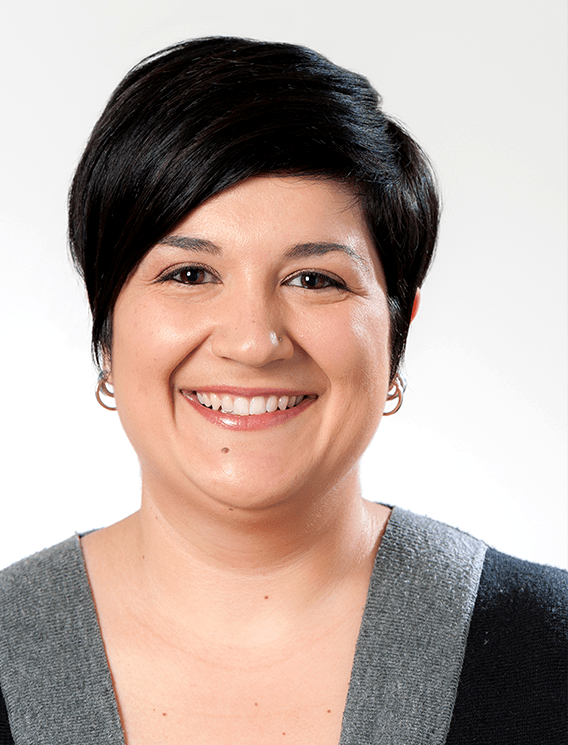Early Signs of Autism

Interview with Dr Josephine Barbaro on ABC Radio National’s Life Matters program.
 Olga Tennison Autism Research Centre
Olga Tennison Autism Research Centre
Enriching the lives of Autistic people, their families and their carers through high-quality scientific research, innovation and translation.

Interview with Dr Josephine Barbaro on ABC Radio National’s Life Matters program.
OTARC 2014 Phd graduate Rebecca McStay discusses family stress and Autism
A new research study at the Victorian Autism Specific Early Learning and Care Centre (ASELCC) based at La Trobe University’s Children’s Centre, in collaboration with the Olga Tennison Autism Research Centre (OTARC), has been published in the peer-reviewed Journal of Autism and Developmental Disorders.
Copying others is important for development. It provides a way to learn about the physical world, and a context for children to practice and develop their skills for interacting with others. There is evidence to suggest that children with a diagnosis of Autism Spectrum Disorder (Autism) imitate less often and less accurately than non-autistic children. While several explanatory theories have been put forward for these findings, the specific reasons for imitation difficulties remain unclear.